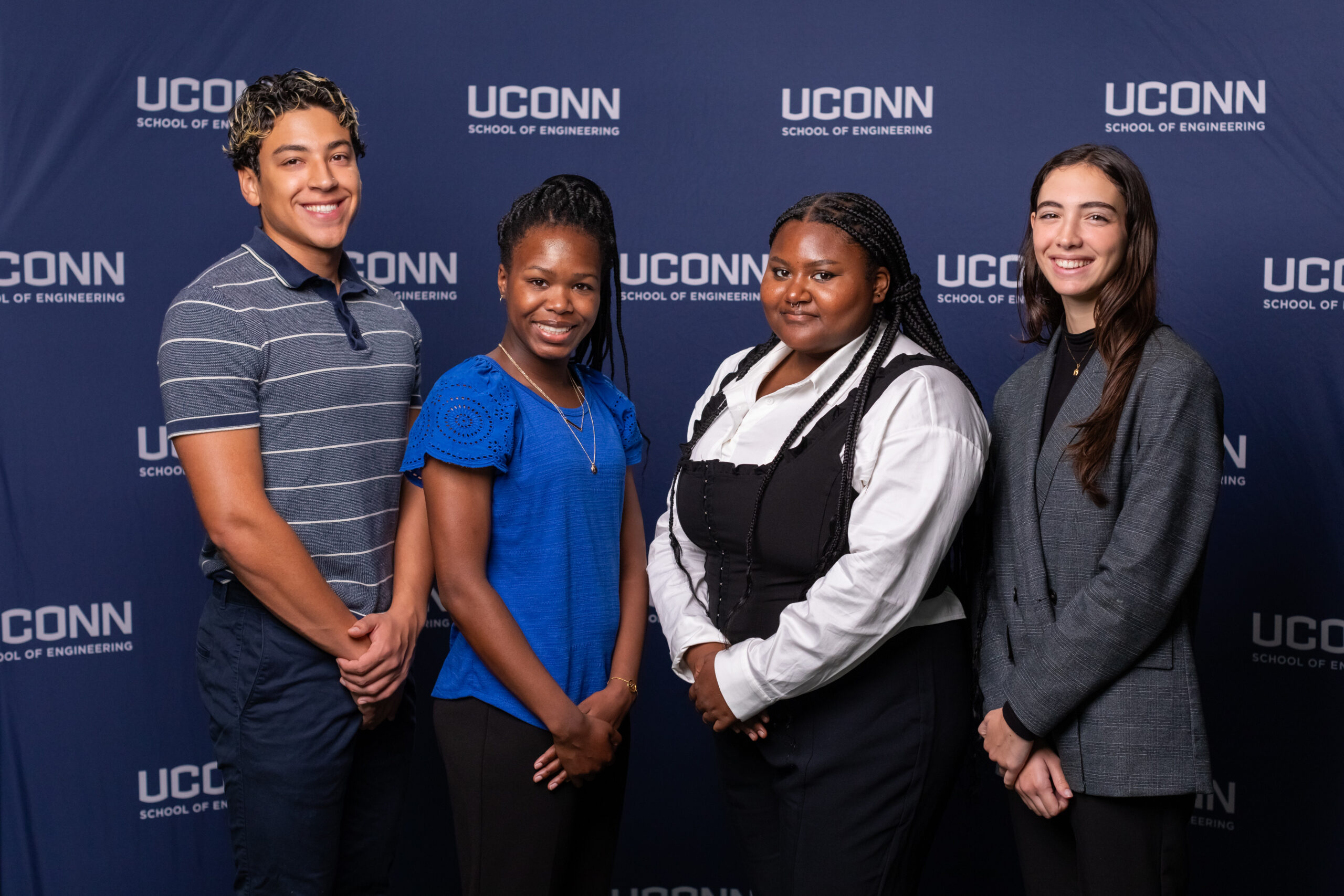
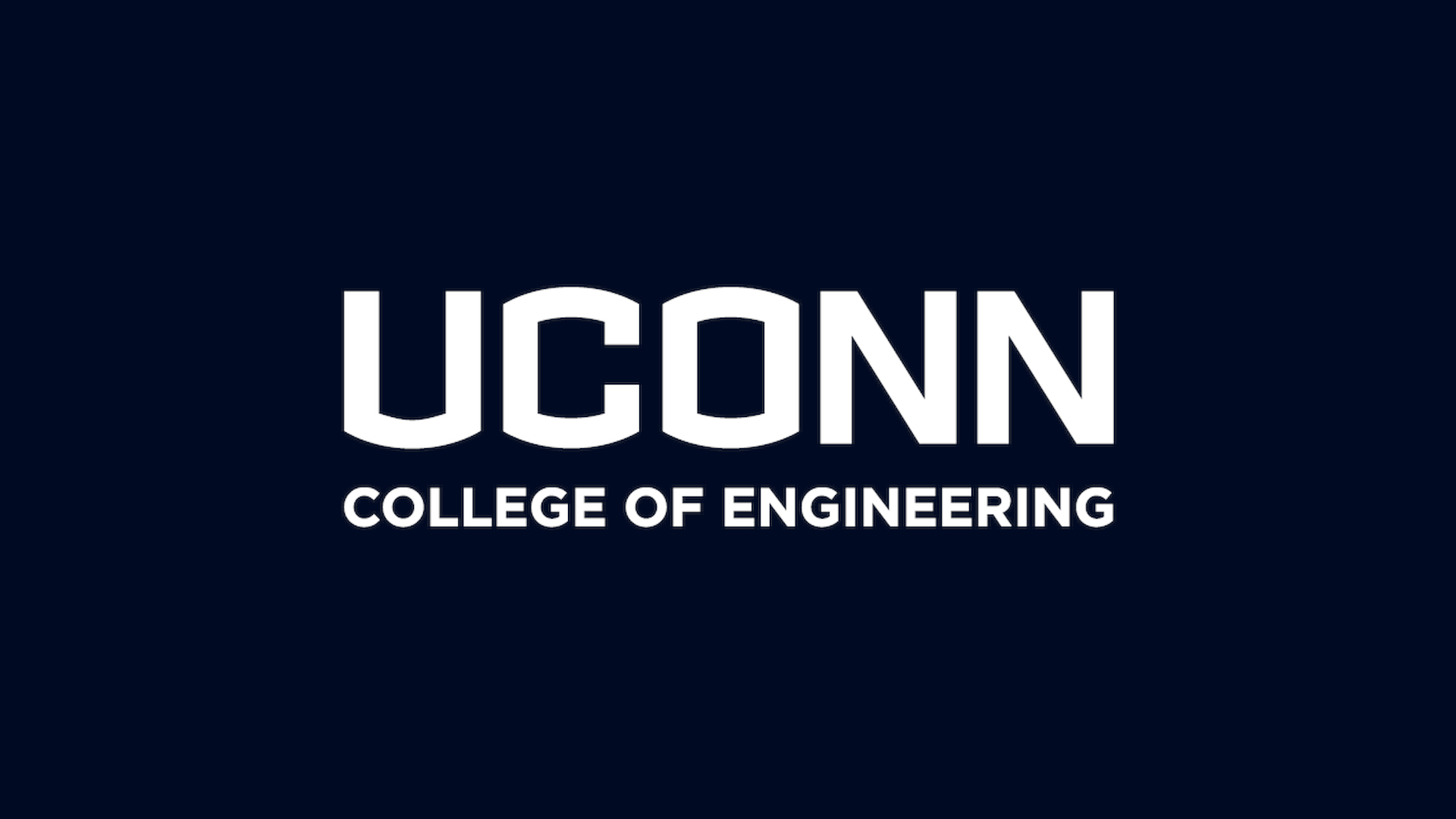
This video contains proprietary information and cannot be shared publicly at this time.
Figure 1
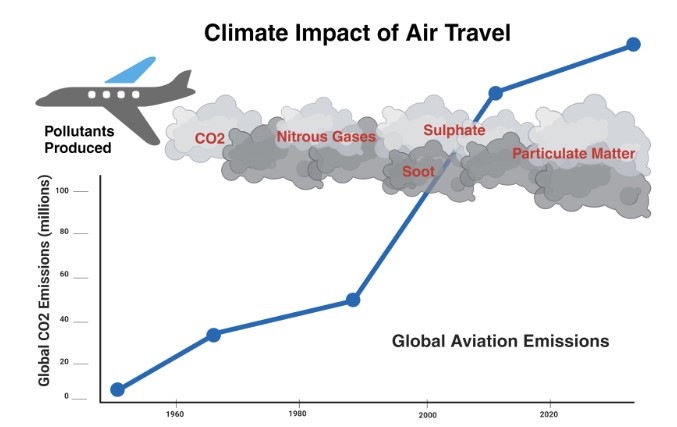
Figure 2
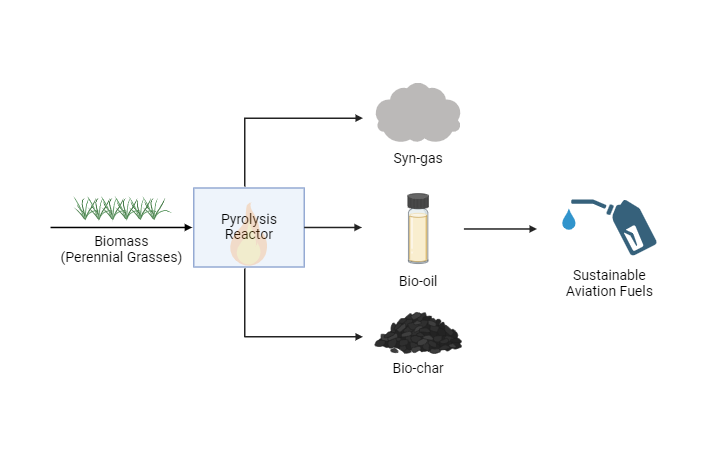
Team 11
Team Members |
Faculty Advisor |
Nolan Murphy-Genao |
Ioulia Valla Sponsor University of Connecticut |
sponsored by
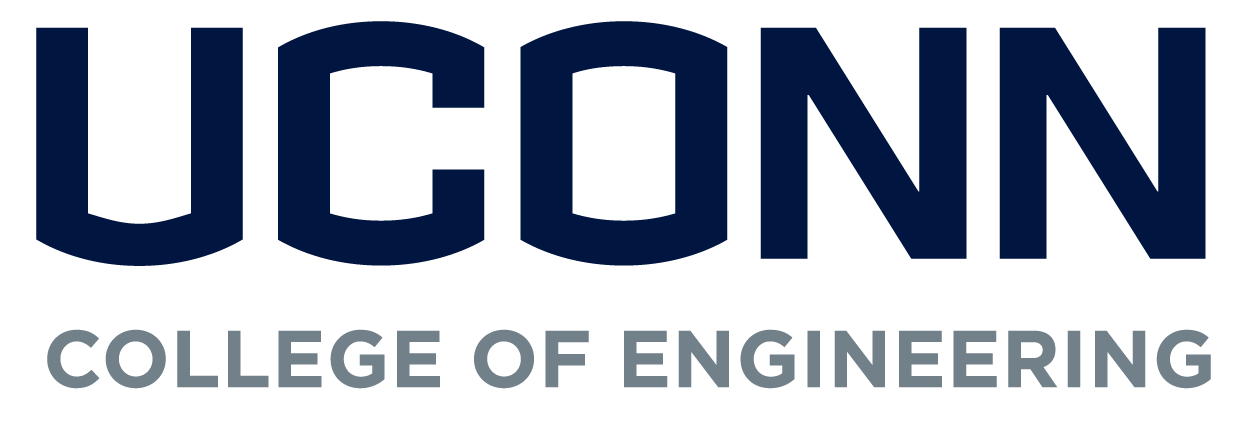
Sustainable Aviation Fuels: A Holistic Analysis of the Pyrolysis Pathway
According to the National Oceanic and Atmospheric Administration, aviation is responsible for 3.5% of climate change because it uses petroleum-based fuel. The aviation sector must adopt more sustainable practices to decrease their carbon footprint without sacrificing the current infrastructure of airplanes. In 2022, the U.S. Department of Energy proposed the use of biofuels, fuels made from organic matter, to replace traditional aviation fuel by using bio-oil as the precursor. The pyrolysis process, which is the thermal degradation of biomass, is one of the pathways mentioned to create bio-oil. This project's objective is to investigate pyrolysis as a viable pathway for creating sustainable aviation fuels using the current infrastructure of refineries. Our group proposes a four-fold approach to the analysis: energy and mass balances, a process simulation using ASPEN, a life cycle assessment, and ethical considerations. Energy and mass balances demonstrate whether the fundamental process is favorable, especially when integrated into an existing refinery. The ASPEN simulation predicts the bio-oil composition of different feedstocks, which is vital for compatibility with airplane engines. The life cycle assessment explains the environmental impact of the process and its profitability. Likewise, considering ethics ensures accountability for the intended and unintended consequences of the pyrolysis pathway. The results of the holistic analysis will allow the team to make a recommendation on the viability of pyrolysis in the creation of bio-oil and sustainable aviation fuels.
